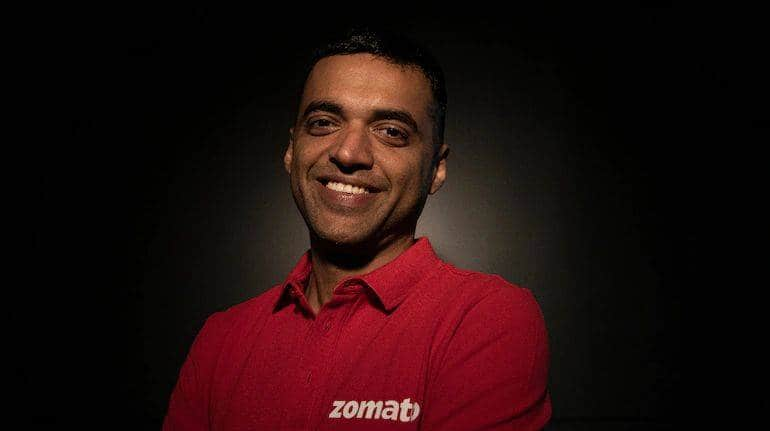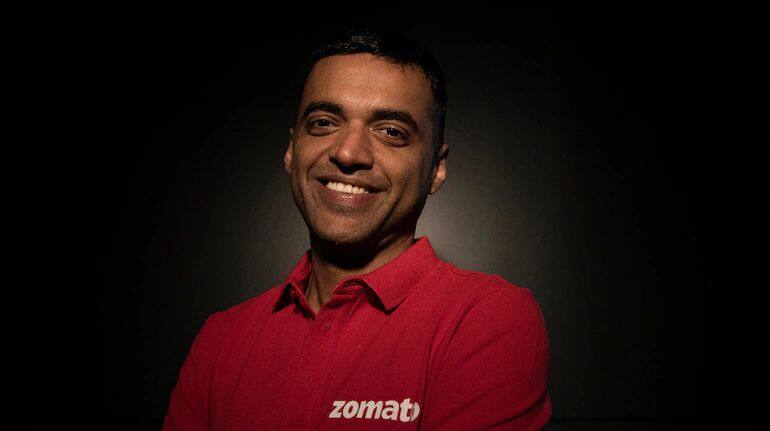Zomato surprised everyone with its quarterly results on Thursday, 3rd August. The company reported its “Profit After Tax” (PAT) amidst much fanfare on social media for the first time. In the last quarter, its PAT stood at INR 2 crore. One of Zomato’s early investors, Sanjeev Bikhchandani, tweeted a line from Rajesh Khanna’s song on this occasion, “What happened, how it happened…don’t ask about it.” However, we need to closely examine the fine print in the financials.
For example, Zomato’s delivery costs are not increasing as rapidly as its revenue. If the company had not made any significant tax provisions, it would have reported a net loss instead of a net profit in this quarter.
Renowned management consultant Suraj Malik explained, “Zomato has been running in losses for some time now. So, according to our tax rules, it is allowed to set off these losses against future profits. However, if there is no expectation of future profits, the auditor may not allow such offsets.”
He added, “Auditors do not consider these assets until they have a ‘reasonable assurance’ of future profits. But once a company starts reporting profits, auditors gain confidence that this trend will continue, and they grant recognition to such assets.”
As per the financial figures submitted by Zomato, the company recorded a loss of INR 15 crore before taxes. However, it later included a tax provision of INR 17 crore as “Deferred Tax.” As a result, the company reported a net profit of INR 2 crore after tax.
Siddharth Pai, Managing Partner at VC firm 3One4 Capital, stated, “Deferred tax is helping bridge the gap between income tax and corporate accounting methods. When a company incurs losses but shows profits as per income tax, it has to pay taxes on it, but in the future, it can claim credit for it.”








